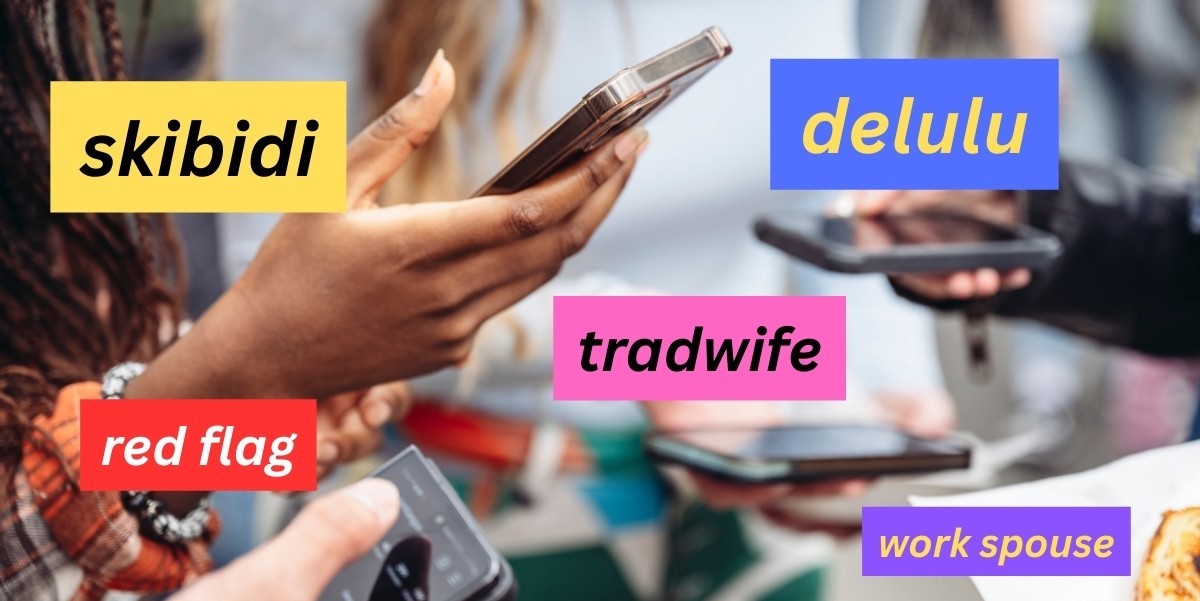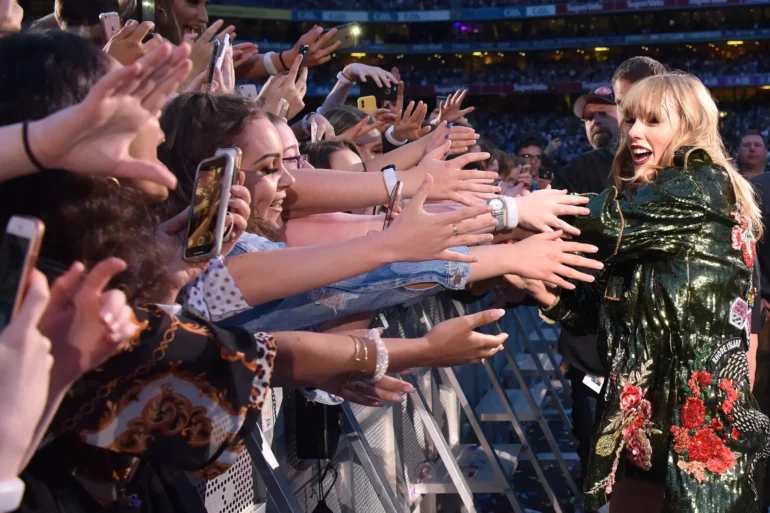The UK-based dictionary is here to stop you from going delulu about today’s neologisms—that’s so skibidi!
They’ve been changing everything, from something pretty vanilla like the use of emojis to workplace trends that urge them to strike back and “revenge quit.” Gen Z has significantly impacted how we all talk—millennials and Gen X included—and Cambridge Dictionary is making a strong case for that with the addition of social media slang to its library of culture-defining terms.
Over the past year, the UK-based dictionary has added 6,000 new words in its online edition, many of which are TikTok lingo commonly used by Zoomers. The list includes “skibidi,” “delulu,” and “tradwife,” confirming the generation’s increasing influence on the English language.
For sure, a lot of the older generations who spend less time online may think that using these words is like talking gibberish. How would you even react or respond when someone tells you, “What’s the skibidi?” or “You have a serious case of the delulu!”
Well, Cambridge Dictionary says that these neologisms are not just an internet craze—they are here to stay. We all just have to get used to them. “Skibidi” is, for one, defined by the dictionary as “a word that can have different meanings, such as ‘cool’ or ‘bad,’ or can be used with no real meaning as a joke.”
Younger folks pronounce this context-dependent term as “skippity” and began using it after Skibidi Toilet, a viral animated series featuring human heads emerging from toilets, popularized it on YouTube. Today’s generation would often use it to add emphasis to statements. They might say “That’s so skibidi” to mean “That’s so cool!” or “That’s so bad!” depending on the context.
Related story: What you must know about how Gen-Z uses emojis
Related story: Quiet quitting is out, revenge quitting is in for Gen Zs who are done with ‘toxic’ employers



There’s also “delulu,” which Cambridge Dictionary describes as a “play on the word delusional, meaning ‘believing things that are not real or true, usually because you choose to.” The word is all over social media and, in fact, it emerged more than 10 years ago. It was then used as an insult to obsessive K-pop fans who believed that they would date their idols. The phrase “delulu with no solulu” was meanwhile brought to the offline mainstream when Australian Prime Minister Anthony Albanese said it during a speech attacking his opponent in parliament.
“It’s not every day you get to see words like skibidi and delulu make their way into the Cambridge Dictionary,” said Cambridge Dictionary lexical program manager Colin McIntosh. “We only add words when we think they’ll have staying power. Internet culture is changing the English language and the effect is fascinating to observe and capture in the Dictionary.”
Other Gen Z slang giving the dictionary a bussin’ upgrade includes “tradwife”—an abbreviation of “traditional wife” that refers to influencers who glorify that role by posting how they look after their husbands, children, and home on social media. The term zooms in especially on the ones “who post on social media.”
Related story: How to slay Gen Z Jargon 101
Related story: Why Gen Z travels differently — and what it means for the industry
Ever heard of “broligarchy?” It’s a mashup of the words “bro” and “oligarchy” and is defined by Cambridge as “a small group of men, especially men owning or involved in a technology business who are extremely rich and powerful, and who have or want political influence”. CNN likened these men to those that attended US President Donald Trump’s inauguration in January.
“Mouse jiggler” is definitely a device or a piece of software that you would want to cop to show your boss that you’re working when you really aren’t. And if you need someone to help you with a project, or just listen to your rants about doing overtime again, you should go to your “work spouse,” which the dictionary defines as a workplace relationship where two people help and trust each other.
Dating is another topic that the dictionary made sure to dabble in. There’s “red flag” and “green flag” to express undesirable or desirable qualities in a partner rather than their literal meaning.
Related story: Ours is better than yours: The long, petty history of the generation wars
Related story: An open letter to Gen Z from a millennial








